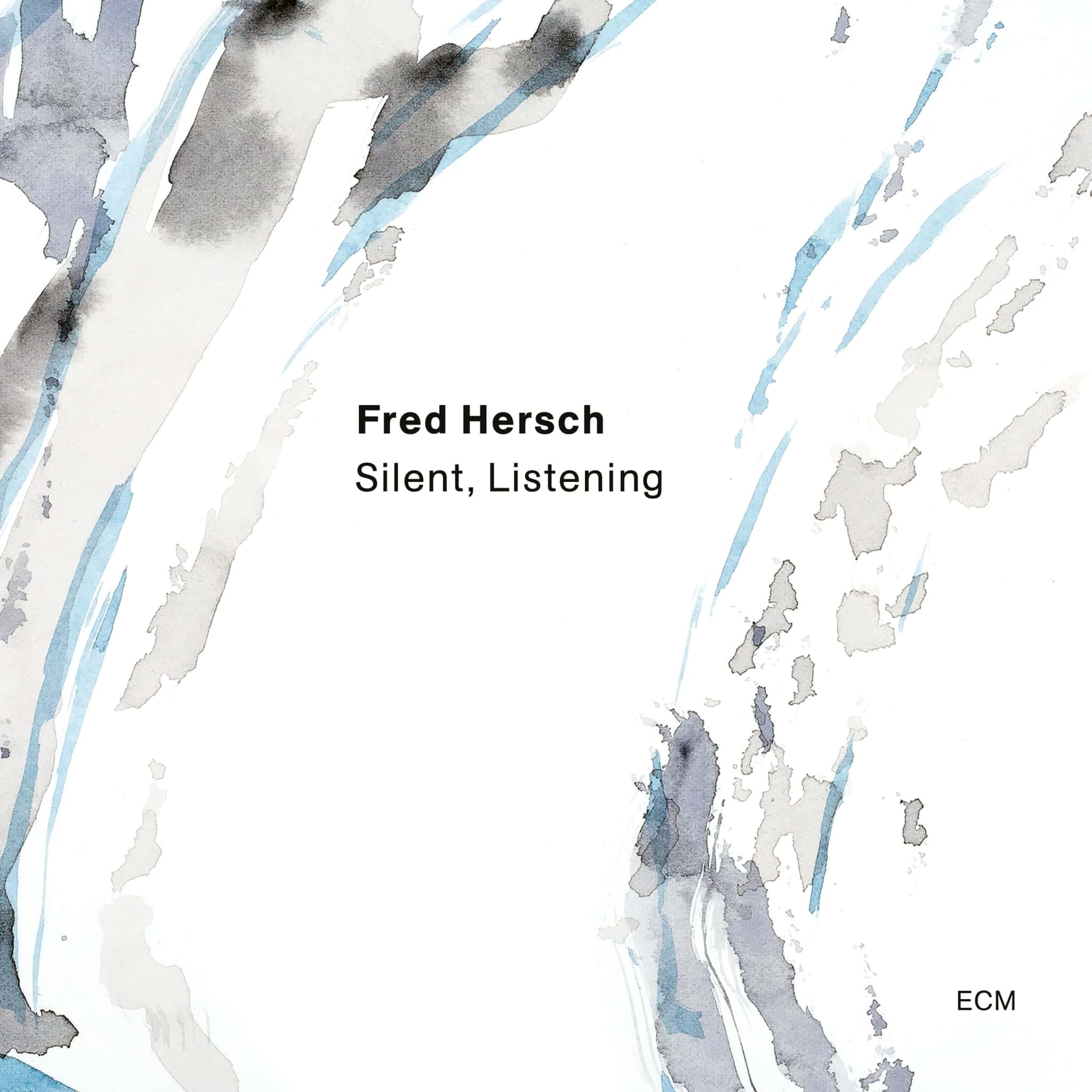“Silent, Listening” expands ECM’s renowned solo piano series with a significant new work, placing Fred Hersch, one of the leading improvisational pianists and jazz greats of our time, at its center. The album features seven compositions by Hersch himself, as well as selected standards such as Billy Strayhorn’s “Star-Crossed Lovers,” Sigmund Romberg’s “Softly, As In A Morning Sunrise,” Alec Wilder’s “Winter Of My Discontent,” and Russ Freeman’s “The Wind.” Hersch interprets these works with his characteristic blend of sensitivity, focus, and elegance. The recording took place in May 2023 in the acoustically sensitive studio in Lugano, produced by Manfred Eicher.

